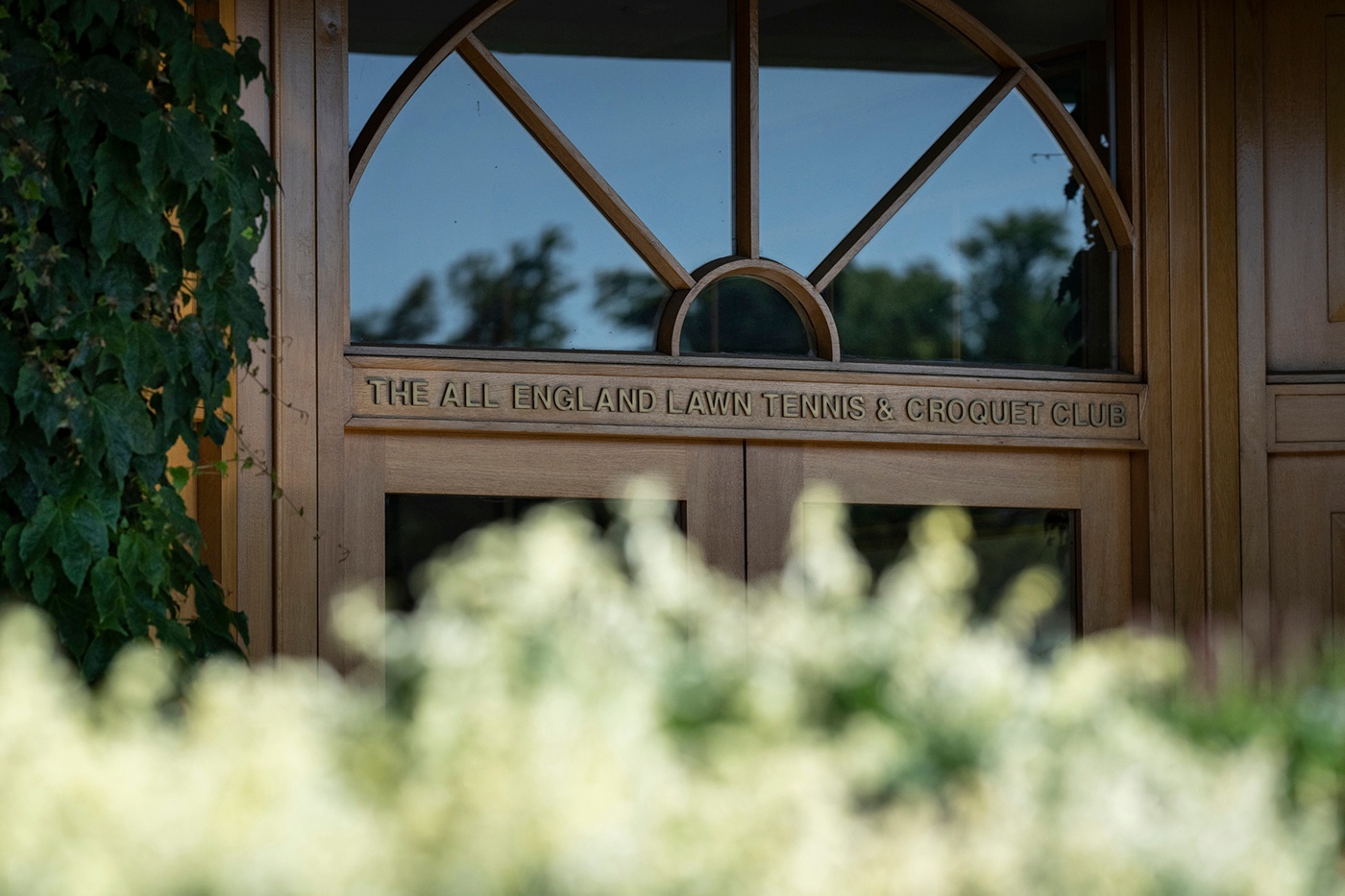The first in a string of history-making feats by Ons Jabeur came on the clay courts of Roland-Garros when she became the first Arab to win a girls’ singles Grand Slam title back in 2011.
A decade later, the Tunisian trailblazer continues to add more ‘firsts’ to her resume, most recently on the grass courts of Birmingham, where on Sunday, she became the first Arab or North African woman to lift a WTA singles trophy.
Her performances on the red dirt are how she initially turned heads as a gifted junior, but Jabeur will be the first to tell you that she absolutely loves the grass.
As a fanatic of all things football – be it watching or playing – Jabeur jokes that she loves lacing up her grass court shoes because it makes her feel like she’s about to take to the pitch for a football game instead of stepping on court for a tennis match.
The 26-year-old sometimes fantasises about playing football professionally one day, and she even sought out Naomi Osaka to see if she could offer her a spot on the North Carolina-based NWSL team she co-owns.
“I asked her to recruit me to her soccer team, I'm still waiting for the contract,” quipped Jabeur earlier this year.
Jokes aside, Jabeur knows her game is tailor-made for lawn tennis.
From her mesmerising drop shots, to her off-the-charts hand skills and variety, the world No.24, unsurprisingly, feels like a natural on grass.
In 2018, Jabeur won a $100k tournament in Manchester, which earned her a wild card into the Wimbledon main draw. She arrived at The Championships ranked 130 in the world at the time, and claimed a first round victory before falling at the next hurdle in three close sets.
Three years on, Jabeur will come to south-west London with a bigger title under her belt and more expectations on her shoulders.
She spent years trying to figure out the right formula to translate her much talked-about talent and junior success into strong results on the professional circuit, and since she has gone further than any other Arab woman had ventured, Jabeur had to do it without the luxury of a blueprint to follow.
She is the highest-ranked Arab woman in history, the first woman from her region to make a Grand Slam quarter-final (Australian Open 2020), and is currently tied with world No.1 Ashleigh Barty for most match wins amassed this season (28).
Of all her accomplishments so far, Jabeur is most proud of her perseverance.
“I don't see it like titles for me, but I see the way I'm still pushing through,” she told WTA Insider after her triumph in Birmingham on Sunday.
“There was a lot of disappointment during my career, the transition between juniors and professionals wasn't great, winning the first WTA title was hard. Same with the Grand Slams: the first round, second round, first round, second round. Staying strong and believing in myself, I think that was the biggest part that I appreciate a lot.”
Jabeur has grown accustomed to the feeling of playing for something bigger than herself and admits the pressure can sometimes seem overwhelming.
“I think I have different pressure than other players since we don't have a lot of Tunisian or a lot of Arab players. So I'm playing not just for me, but I'm playing for the whole continent,” she explains.
But over time, she has learned to carry that burden with grace, and she now chooses to see it as a privilege. By continuing to raise the bar for herself, she has also allowed Arabs across the Middle East and North Africa to dream bigger and aim higher.
“People now in Tunisia, they're more interested in tennis, more than before. So they're really excited. They're not happy anymore with the fourth round in a Grand Slam,” she said with a laugh. “They want to see me finally win a Grand Slam. I wish it was that easy. So there is more and more pressure, different pressure than before.
“Making history, yes, but on the other hand, there were not a lot of players before. So I hope I can make history by inspiring other people behind me, Tunisians or Arabs, that would be great. That would be the best thing I can do. I hope I can inspire more and more generations.”
With Wimbledon just a week away, Jabeur has yet another opportunity to inspire. It’s fair to assume the Arab world will be watching.






